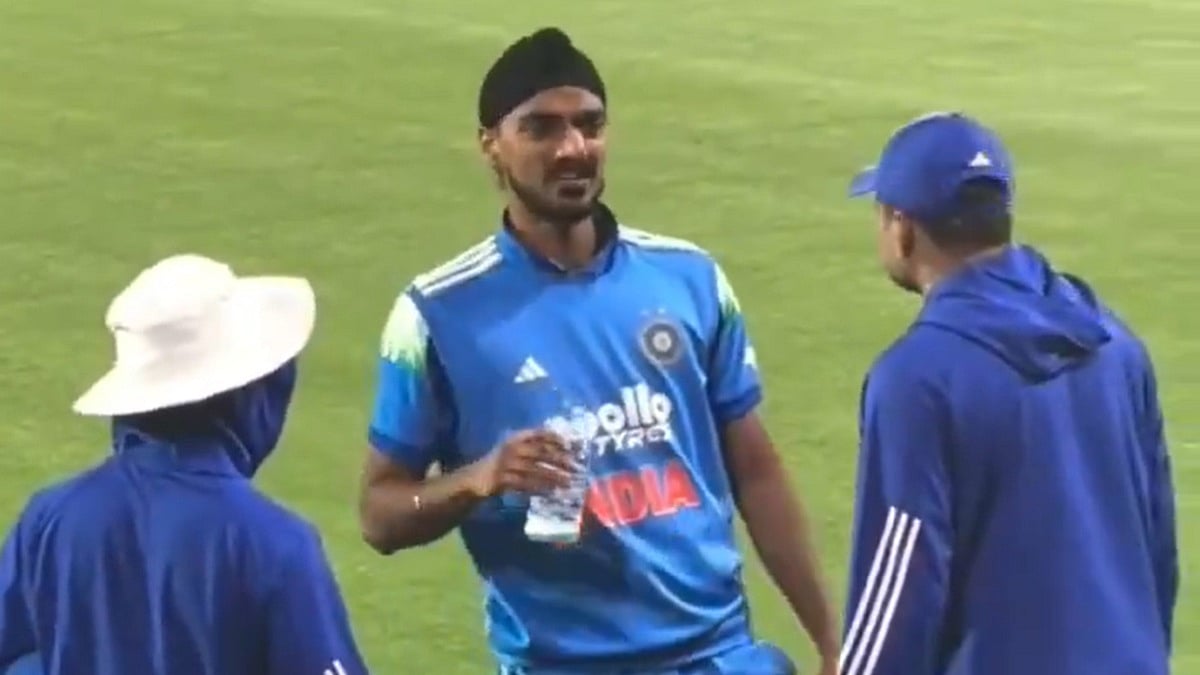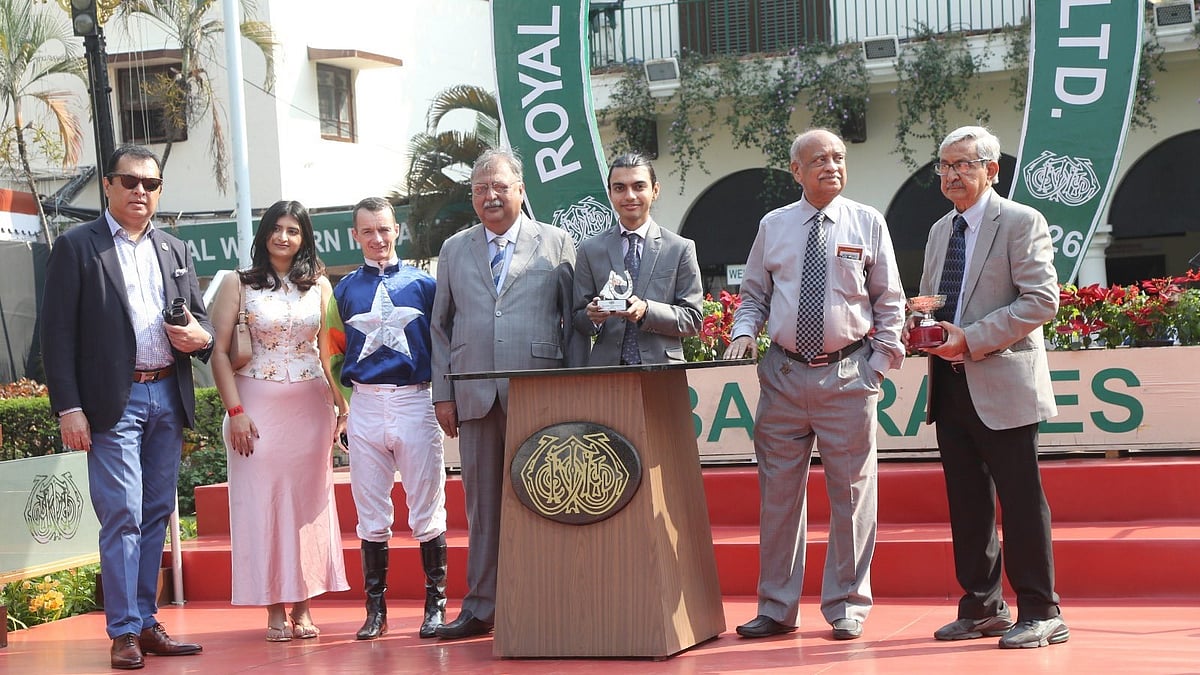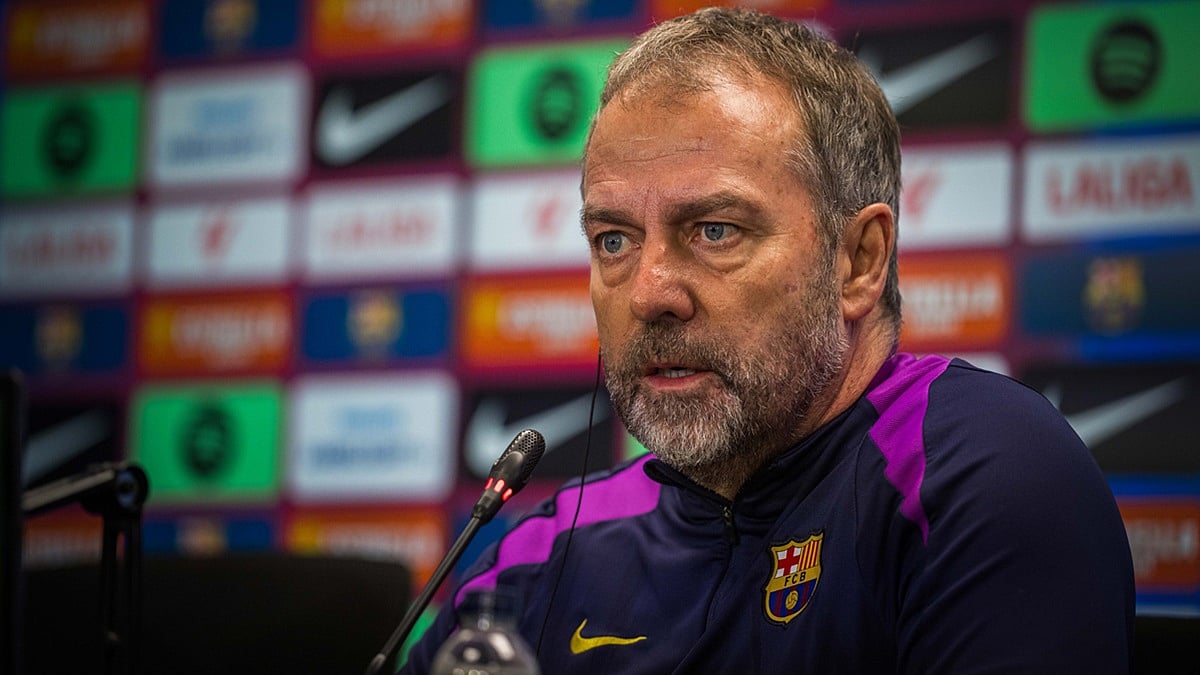During the ongoing second Test between Pakistan and Sri Lanka in Colombo, Sarfaraz Ahmed, the Pakistan wicketkeeper-batter, was forced to retire hurt after a potential concussion on the third day. The incident occurred when he was struck on the helmet by the first ball he faced.
Following the International Cricket Council (ICC) guidelines, a Concussion Replacement may be allowed if a player sustains a concussion due to a head or neck injury during the match, but it must be formally diagnosed by the team and the injury should have taken place within the playing area and during the game.
Mohammad Rizwan was later named the concussion sub for Sarfaraz, who remains under observation of the PCB's medical panel.
Terms for concussion replacement
To avail the Concussion Replacement, the team's medical representative or manager needs to submit a request to the ICC Match Referee within 36 hours of the incident, provided the conditions are met. The replacement player must be of similar capabilities to the one who sustained the concussion.
At the time of reporting, Pakistan's first innings total was 358-4, with a lead of 192 runs, largely influenced by a remarkable century from Abdullah Shafique, who was batting on 167.
On a different note, Saud Shakeel achieved a unique feat in cricket history, becoming the first-ever batter to score a half-century in each of the first seven Tests of their career.
This notable achievement surpassed the previous record held by players like Sunil Gavaskar (India), Saeed Ahmed (Pakistan), Basil Butcher (West Indies), and Bert Sutcliffe (New Zealand), who had achieved half-centuries in each of their first six Tests.









